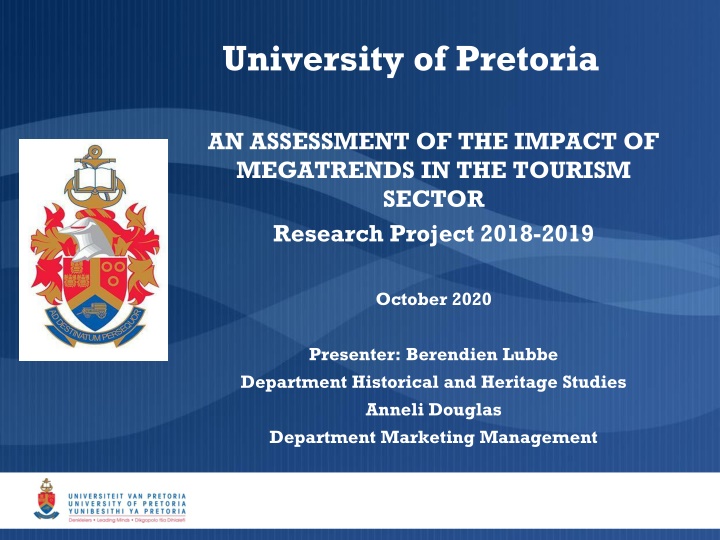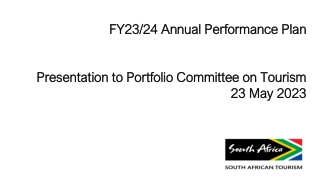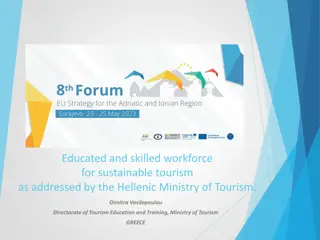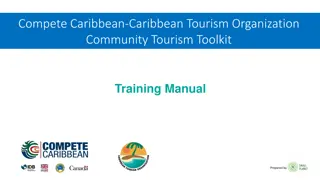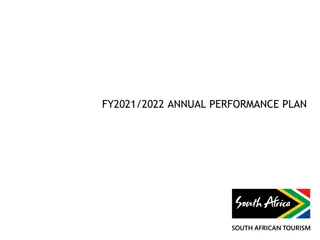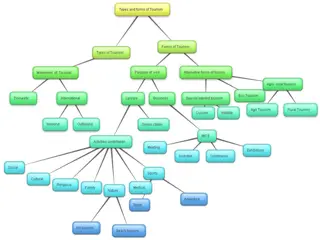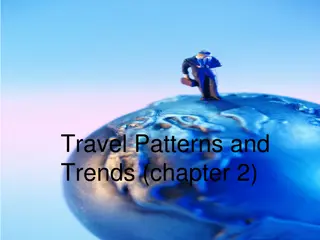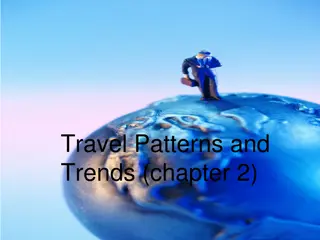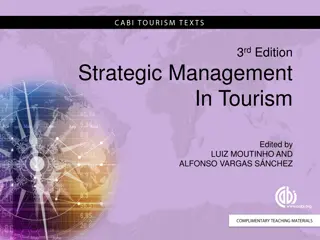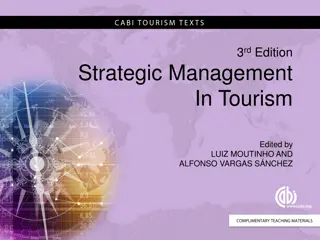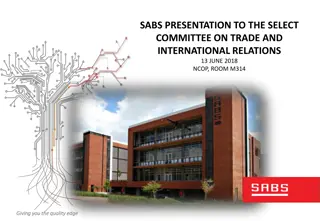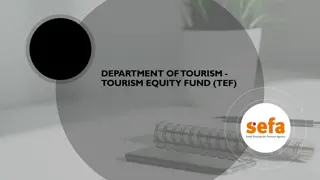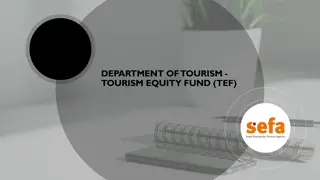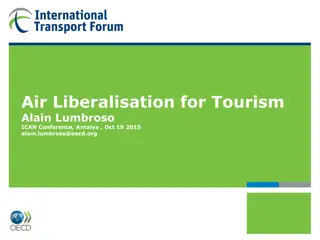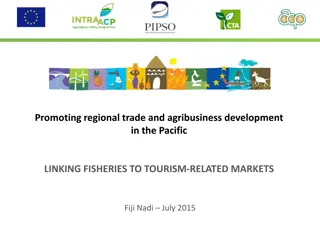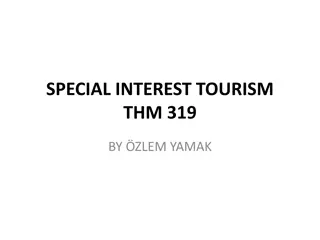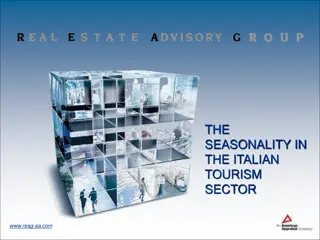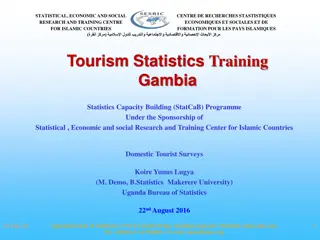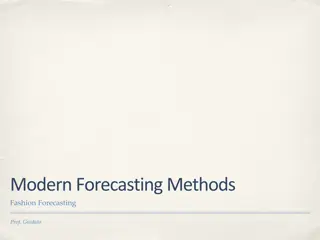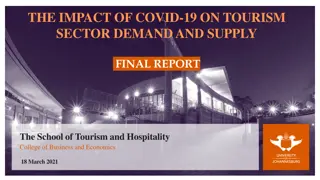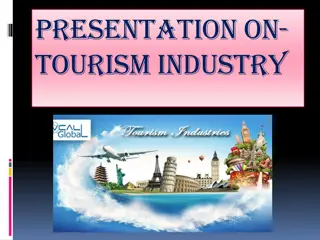Impact Analysis of Megatrends in South African Tourism Sector
This research project from the University of Pretoria examines the impact of megatrends on the tourism industry in South Africa. It aims to identify global shifts, analyze key uncertainties, and develop a framework for sustainable tourism development. The study explores economic, political, social, technological, and environmental trends, proposing four future scenarios and indicators for effective response strategies.
Uploaded on Mar 14, 2025 | 1 Views
Download Presentation

Please find below an Image/Link to download the presentation.
The content on the website is provided AS IS for your information and personal use only. It may not be sold, licensed, or shared on other websites without obtaining consent from the author.If you encounter any issues during the download, it is possible that the publisher has removed the file from their server.
You are allowed to download the files provided on this website for personal or commercial use, subject to the condition that they are used lawfully. All files are the property of their respective owners.
The content on the website is provided AS IS for your information and personal use only. It may not be sold, licensed, or shared on other websites without obtaining consent from the author.
E N D
Presentation Transcript
University of Pretoria AN ASSESSMENT OF THE IMPACT OF MEGATRENDS IN THE TOURISM SECTOR Research Project 2018-2019 October 2020 Presenter: Berendien Lubbe Department Historical and Heritage Studies Anneli Douglas Department Marketing Management
Overall aims of the study Aim 1: To identify and analyze global shifts and megatrends that impact the tourism industry in South Africa Our methodology Horizon scanning Evidence-based data Interviews with industry and Government experts Identification of key uncertainties and assumptions Workshop
Outcome Five mega-trends that impact SA s tourism sector: Economic Political Social Technological Environmental Four scenarios for South Africa s tourism future 3
Aim 2: To develop a framework that will enable the sector to proactively respond to the challenges of the impacts of mega-trends and capitalise on opportunities for future development of sustainable tourism over time. Our methodology Practices in other countries UK, Scotland, Australia, Qatar, Finland Literature on models and best practices Interviews industry and Government tourism experts, locally and abroad First draft theoretical model Workshops to refine and test the Model 5
Outcome Framework/Model: Demonstrating a continuous, dynamic and iterative process Structure driven at the highest level Reflecting multi-stakeholder collaboration as central to the process Made up of several interacting components Influenced at every stage by external signals Highlights continuous open communication Destinations need to develop a comprehensive government and industry response to megatrends 6
Indicators Agenda setting Megatrend identification Scenario construction Monitoring Indicators Indicators Evaluation and monitoring Institutional structure Policy formulation Communication Execution Scenario analysis Policy decisions Indicators The process and components for responding to megatrends 7
Formal, permanent core unit (examples) Institutional Structure Strategic Planning Forum Driven at highest level Representation Industry Government (multi-levels) Research Institutions/Academics Communities Ad hoc experts Dependent on trend Awareness of conflicting objectives 8
Emerging trends Early warning signs Weak signals Wild cards 9
Mega-trend Identification Agenda Setting Economic Political Social Technological Environmental Assess probable magnitude Prioritise mega-trends Set overall policy goals, regulatory framework Adopt long-term approach Use evidence to build scenarios 12
Scenario Construction Visualise the future through alternative scenarios resulting from a combination of trends and policies, allowing policy-makers to involve multiple stakeholders and test policies against scenarios. 13
Policy Decisions Policy Formation Policy Decisions Communication Evaluation and monitoring Execution of Policies 14
Conclusion 2020 What could have been different? 15
THANK YOU berendien.lubbe@up.ac.za Department Historical and Heritage Studies University of Pretoria 16
